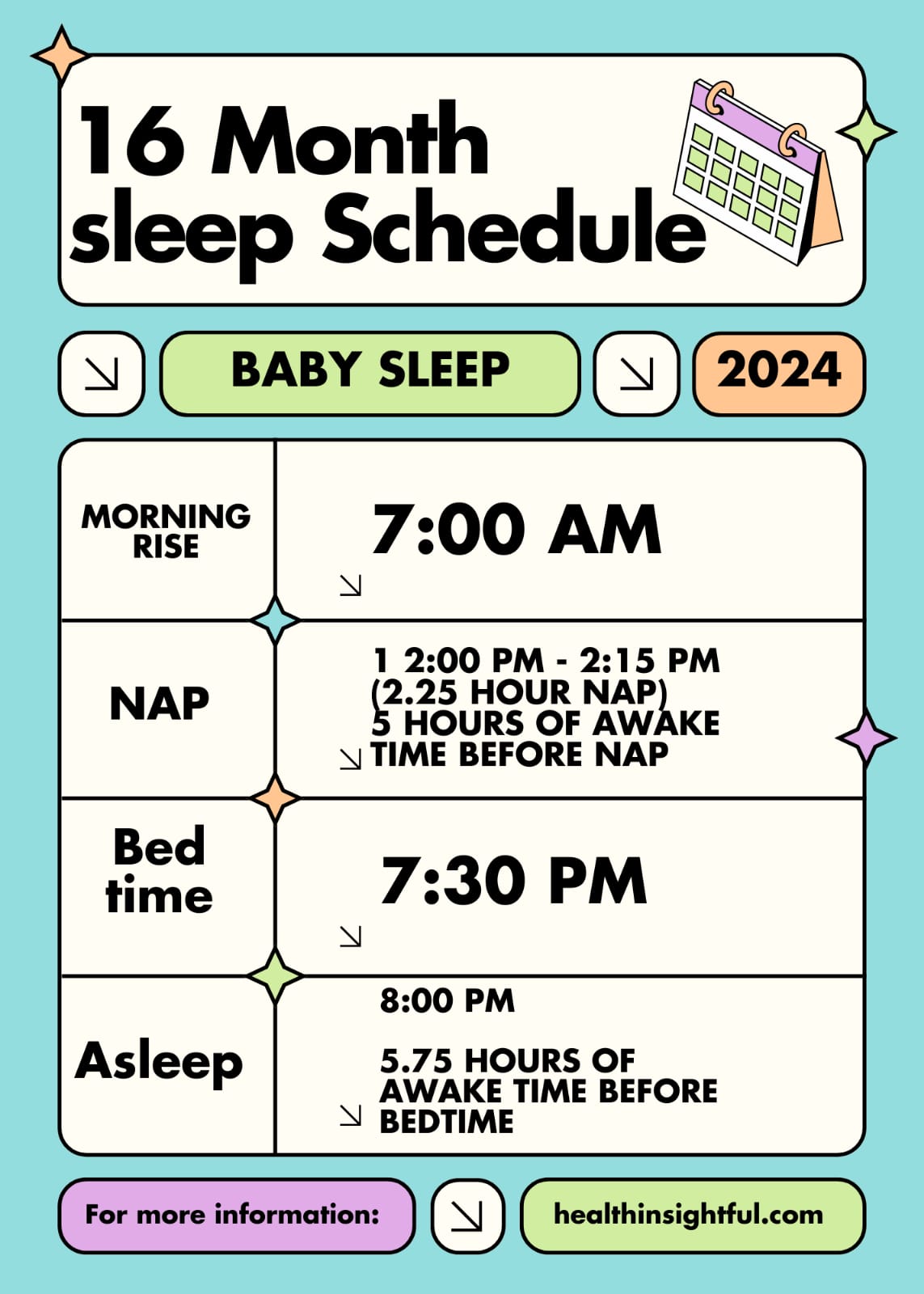Every parent knows the frustration of a baby who fights sleep despite clear-cut signs of tiredness. Be it fussiness at bedtime, frequent wakings through the night, or even resisting naps, the ability to understand why this might be happening will help find solutions to help your baby sleep better. We hence try to unveil, in the lines below, underlying reasons that compel babies to fight sleep and further suggest some workable remedies to handle such issues.
Common Reasons Why Babies Fight Sleep
1. Overtiredness
One of the major reasons babies resist sleep is when they become overtired. If a baby stays awake for too long, their bodies start releasing stress hormones such as cortisol and adrenaline, making it hard for them to settle and go to sleep. It results in a vicious circle of overtiredness and further greater opposition to sleep.
Signs of Overtiredness:
- Irritability and fussiness.
- Eye rubbing or ear tugging.
- Frequent yawning.
- Hyperactivity-most often confused with energy Remedies.
Watch out for Appropriate Wake Windows: Avoid letting the baby stay up for lengths of time that are too long between sleeps. Generally speaking, the younger the baby, the shorter the wake window required-for instance, 1-2 hours-while an older baby may be able to sustain longer wakefulness, such as 3 to 4 hours.
Respond promptly to obvious sleep cues, such as yawning or rubbing eyes, by initiating naptime or bedtime routines.
2. Developmental Milestones
Developmental milestones, like learning to roll over, crawl, or even talk, transiently disturb sleep. Babies are simply so excited about their new skills that they want to practice their newfound abilities, even when it’s time to go to sleep or nap. Of course, developmental leaps are normal in growth, but they do temporarily affect sleeping patterns.
Solutions:
- Give Ample Practice in the Day: Give your baby ample practice of new skills in the day so that they are less likely to practice the skill at night.
- Stick to a Usual Schedule: The developmental phases may disrupt sleep patterns for some time, but following a routine helps your baby learn when they should sleep.
3. Separation Anxiety
Separation anxiety is another reason for which babies resist sleep, primarily beginning from 6 to 12 months of age. In this phase of development, babies are more prone to the happenings around them and could show anxiety if kept away from their parents. It may manifest as resistance to falling asleep or wakening up frequently in the middle of the night.
Remedies:
- Establish a Soothing Bedtime Routine: A quiet, predictable bedtime routine can help your baby feel more secure and relaxed about bedtime.
- Introduce a Comfort Object: It is quite normal to have a favorite soft toy or even a blanket; sometimes, a pacifier can be a tool that your baby feels comfortable and secure with when you are not in the room.
- Gradual Fading: In case your baby resists your leaving the room at bedtime, try gradually eliminating yourself by being in the room but lessening interaction until they learn to fall asleep without depending on you.
4. Sleep Associations
Babies often attach one particular condition to falling asleep, such as nursing, rocking, or holding. When they wake up in the middle of the night, they call for the same condition to take place before they can fall back to sleep. This leads to night wakings and difficulties with settling. This has caused night wakings and difficulties with settling.
Remedies:
- Promote Predictable Sleeping Patterns: Put your child to bed sleepy but awake so that, over time, the baby learns how to fall asleep independently of being rocked or nursed to sleep.
- Create Sleep-Friendly Environment: Have your baby’s sleep environment be the same at bedtime as it would be when your baby awakens in the middle of the night: same crib, same light, same sound. This will enable your baby to learn to fall asleep feeling secure in her sleep environment.
5. Teething Pain
Teething pains are painful for the infant and irritating. An infant in pain while teething wakes up after then and resists sleeping. In return, the baby starts fussing, drooling, and chewing hands that make it difficult for them to fall or stay asleep.
Remedies:
- Try Teething Soothers: Offer a cold teething ring or cool wet washcloth to chew on before bedtime. In very severe cases, consult with your pediatrician about applying pain relieving measures suitable for babies.
- Give Extra Comfort: Sometimes, especially painful teething moments may need extra comfort for your baby. This could relax your baby even while in distress as he prepares to go to sleep.
6. Over-stimulation
It is relevant to mention herein that the babies are sensitive, and too much stimulation results in annoying Hanson; because the babies can’t sleep easily. Lively lights, noisy sounds, screen time, and bumping playing amalgamate to overstimulate the baby, which makes him difficult to sleep at night.
Remedies:
- Develop a Pre-Sleep Soothing Ambiance: Avail low light, less noise, and do quiet, soothing activities before bedtime, like reading or very gentle rocking.
- Avoid Exposure to Screens: Babies should not be exposed to any form of screen, especially at night, as the blue light of the screens interferes with secretion of melatonin, a sleep-promoting hormone.
7. Hunger
Other reasons include when the hunger factor is a predisposing factor: when the baby has not eaten well through the day, that may be a predisposing factor that leads to having difficulties in sleeping or not being able to have good nocturnal sleep.
Remedies
- Ensure Adequate Daytime Feeding:If the baby hasn’t fed well enough during the day, it might have a problem sleeping or wakes up in the middle of the night because of hunger.
- Dream feed: The “dream feed” given before you retire will top him up and cut down wakings for hunger for younger babies.
Practical Tips for Encouraging Better Sleep
Better Besides addressing the individual causes of sleep resistance, there are general ways to help your baby sleep better.
1. Follow a sleep routine
Babies are routine animals and a consistent sleep routine can turn out to be an important cue for sleep. Your bedtime routine may include various calming activities like warm bath time, massage, reading time, or cuddles. Remember, the idea behind a bedtime routine is to perform things in precisely the same order every night so your baby learns to connect them with sleeping.
2. Sleep-Friendly Environment
A friendly sleep environment will help your baby fall into and stay in sleep more easily. Keep the room dark, quiet, and at a comfortable temperature. You can also create white noise to mask background noise and let your baby go into deeper sleeps.
3. Keep to a Regular Sleep Schedule
Consistency with sleep: put your baby down for nap and bedtime at the same time as near to every day as you can. A predictable schedule regulates your baby’s internal clock and will help him learn to fall asleep at the right time.
4. Encourage Self-Soothing
Helping your baby learn self-soothing is where magic can happen with sleep. An example would be putting down your baby when drowsy but awake. This will cut down in the long run any external associations that your child may have associated with falling asleep through being rocked or nursed. These usually develop within the first five months.
5. Be Patient
Sleep resistance usually tends to be transient, especially if it is related to milestones in development or teething. Just be a bit more patient, and again, as with most things, your approach must be consistent since most likely the sleep of your baby will improve with time.
Conclusion:
First, understand why your baby is fighting sleep; that is the only way you will apply the right remedy. You now pinpoint whether it’s overtiredness, developmental changes, or sleep associations, then choose an appropriate remedy to apply. You also make sure to let your baby sleep through good routines, a friendly sleep environment, or trying not to disrupt your baby’s sleep as much as possible.










